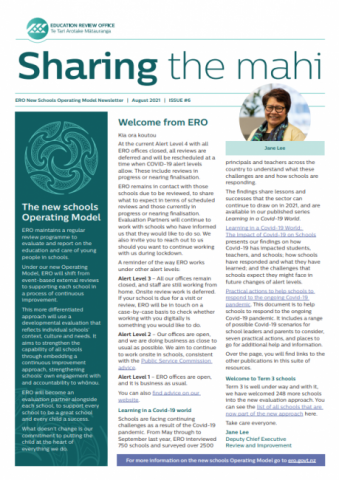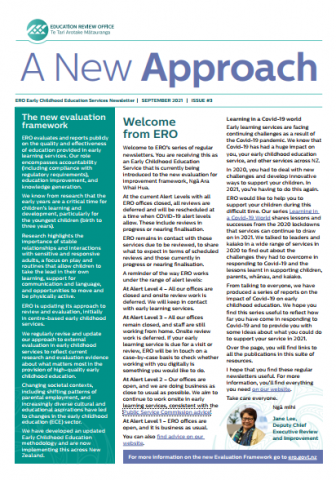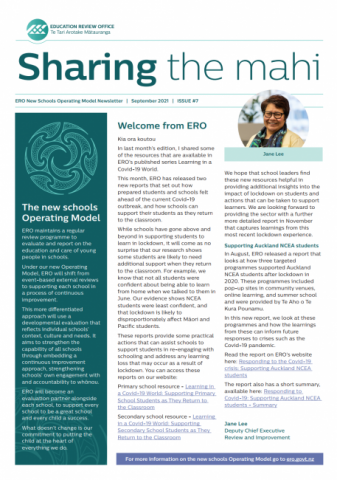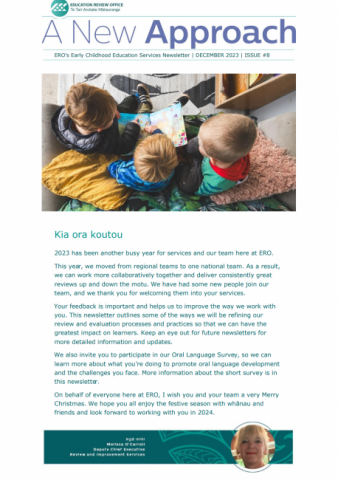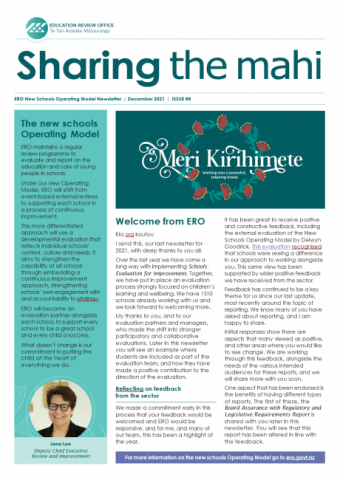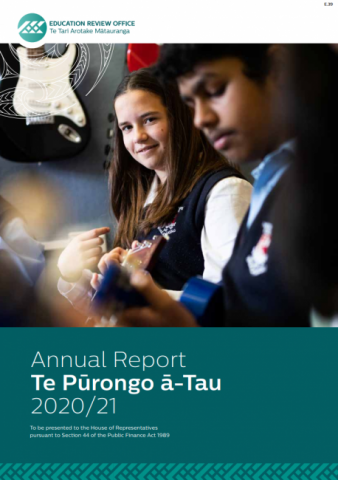Corporate Services
Published: 31 Mar 2021
Ensures our staff have access to tools and information to achieve ERO’s objectives. This team also ensures we meet government expectations in relation to employment and work activities.
- Audience:
- Academics
- Early learning
- Education
- Māori-medium
- Parents
- Schools
- Content type:
- Basic page
